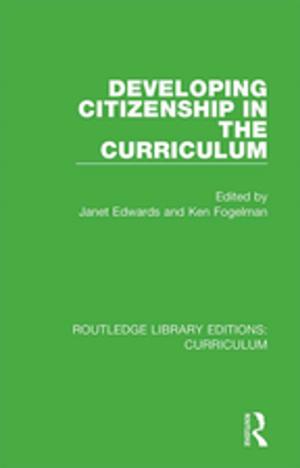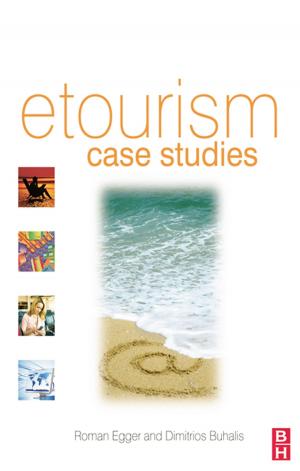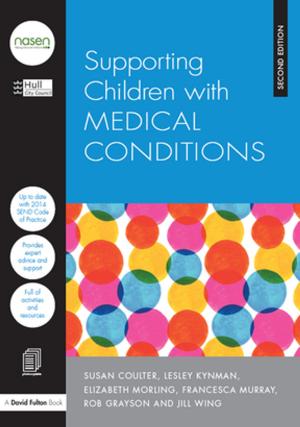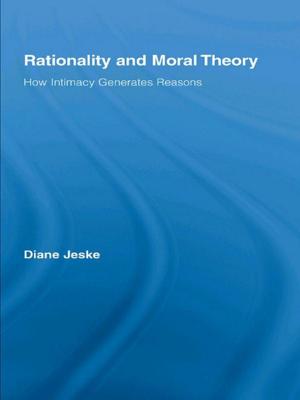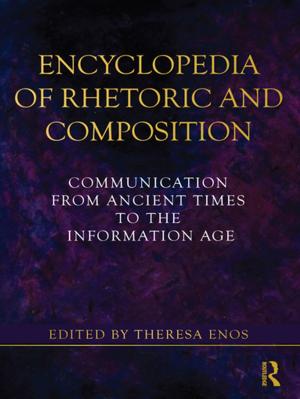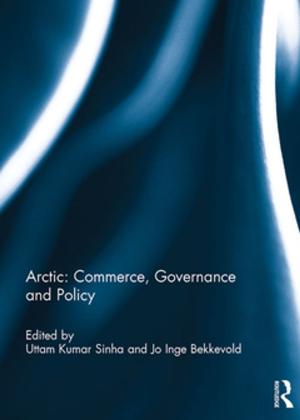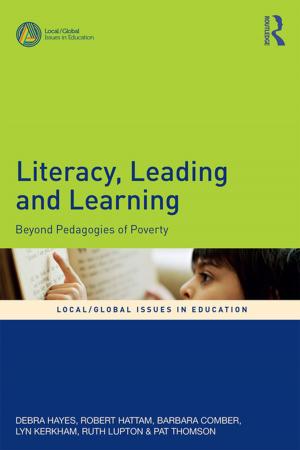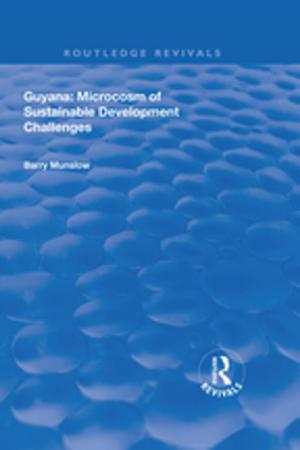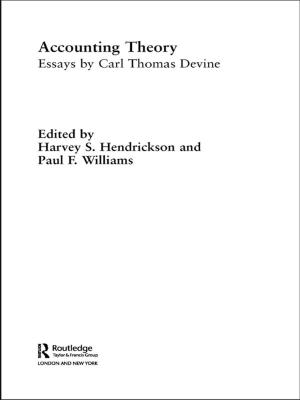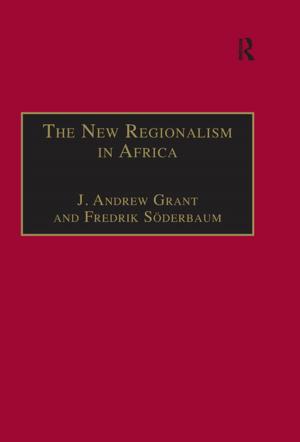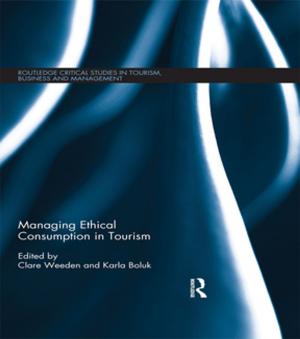Celtic Shakespeare
The Bard and the Borderers
Fiction & Literature, Literary Theory & Criticism, British| Author: | Rory Loughnane | ISBN: | 9781317169055 |
| Publisher: | Taylor and Francis | Publication: | April 8, 2016 |
| Imprint: | Routledge | Language: | English |
| Author: | Rory Loughnane |
| ISBN: | 9781317169055 |
| Publisher: | Taylor and Francis |
| Publication: | April 8, 2016 |
| Imprint: | Routledge |
| Language: | English |
Drawing together some of the leading academics in the field of Shakespeare studies, this volume examines the commonalities and differences in addressing a notionally 'Celtic' Shakespeare. Celtic contexts have been established for many of Shakespeare's plays, and there has been interest too in the ways in which Irish, Scottish and Welsh critics, editors and translators have reimagined Shakespeare, claiming, connecting with and correcting him. This collection fills a major gap in literary criticism by bringing together the best scholarship on the individual nations of Ireland, Scotland and Wales in a way that emphasizes cultural crossovers and crucibles of conflict. The volume is divided into three chronologically ordered sections: Tudor Reflections, Stuart Revisions and Celtic Afterlives. This division of essays directs attention to Shakespeare's transformed treatment of national identity in plays written respectively in the reigns of Elizabeth and James, but also takes account of later regional receptions and the cultural impact of the playwright's dramatic works. The first two sections contain fresh readings of a number of the individual plays, and pay particular attention to the ways in which Shakespeare attends to contemporary understandings of national identity in the light of recent history. Juxtaposing this material with subsequent critical receptions of Shakespeare's works, from Milton to Shaw, this volume addresses a significant critical lacuna in Shakespearean criticism. Rather than reading these plays from a solitary national perspective, the essays in this volume cohere in a wide-ranging treatment of Shakespeare's direct and oblique references to the archipelago, and the problematic issue of national identity.
Drawing together some of the leading academics in the field of Shakespeare studies, this volume examines the commonalities and differences in addressing a notionally 'Celtic' Shakespeare. Celtic contexts have been established for many of Shakespeare's plays, and there has been interest too in the ways in which Irish, Scottish and Welsh critics, editors and translators have reimagined Shakespeare, claiming, connecting with and correcting him. This collection fills a major gap in literary criticism by bringing together the best scholarship on the individual nations of Ireland, Scotland and Wales in a way that emphasizes cultural crossovers and crucibles of conflict. The volume is divided into three chronologically ordered sections: Tudor Reflections, Stuart Revisions and Celtic Afterlives. This division of essays directs attention to Shakespeare's transformed treatment of national identity in plays written respectively in the reigns of Elizabeth and James, but also takes account of later regional receptions and the cultural impact of the playwright's dramatic works. The first two sections contain fresh readings of a number of the individual plays, and pay particular attention to the ways in which Shakespeare attends to contemporary understandings of national identity in the light of recent history. Juxtaposing this material with subsequent critical receptions of Shakespeare's works, from Milton to Shaw, this volume addresses a significant critical lacuna in Shakespearean criticism. Rather than reading these plays from a solitary national perspective, the essays in this volume cohere in a wide-ranging treatment of Shakespeare's direct and oblique references to the archipelago, and the problematic issue of national identity.

